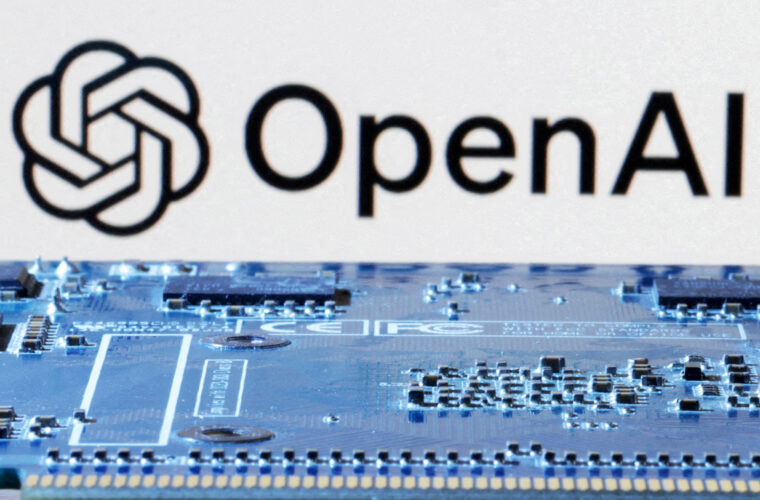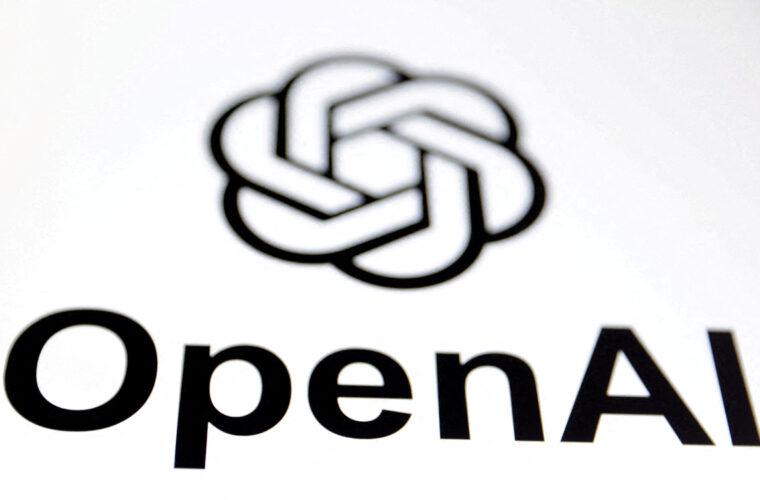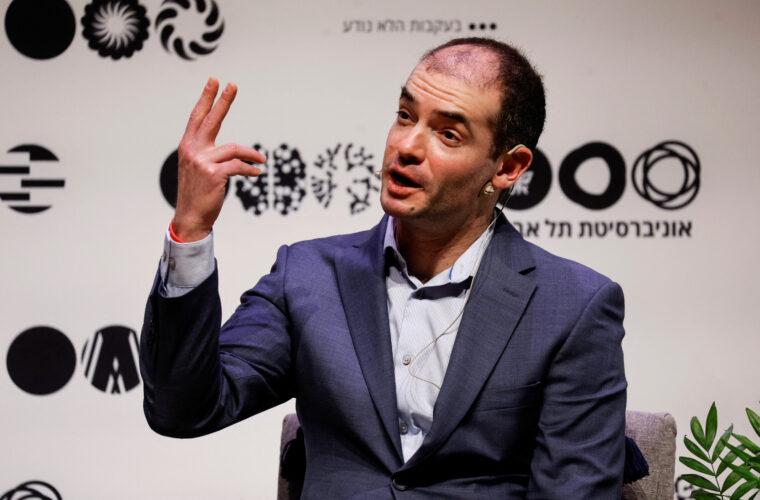As artificial intelligence continues transforming how we interact with machines, tools like OpenAI’s ChatGPT, powered by the GPT-4 architecture, have emerged as pivotal in reshaping human-computer dynamics. These advancements, while groundbreaking, underscore the imperative need for stringent data privacy measures. Notably, incidents such as those encountered by Samsung, where employees inadvertently leaked sensitive information through interactions with ChatGPT, leading to three significant security breaches within a span of 20 days, highlight the potential risks.
These episodes illustrate how AI chatbots, through learning from user inputs, can unintentionally become conduits for exposing confidential data. This reality is a stark reminder of the essential vigilance required in safeguarding sensitive information in the AI era. So the question that arises is: How can we protect sensitive information from being accessed by third parties when using ChatGPT, considering OpenAI can analyze our inputs to improve their models?
Data collection and usage of ChatGPT
ChatGPT collects various data types, including log data, user input, usage data, device information, and cookies. This comprehensive data collection aids in system improvement and the development of new services. Despite the extensive data collection, OpenAI ensures that ChatGPT does not sell user data to third parties, addressing a common ChatGPTprivacy concern.
Upon account creation or subscription to the premium plan, ChatGPT collects and stores your account data, Which includes your name, contact details, login credentials, payment details, and transaction history. ChatGPT also collects automatic information from your device and browser to enhance user experience. This information includes your IP address, browser type, location, and session duration.
Perhaps the most significant data ChatGPT collects is your conversations’ transcripts. Any information you provide during your interaction with the chatbot is recorded and stored, potentially putting your personal or sensitive data at risk.
Privacy enhancements and considerations
OpenAI’s commitment to privacy is further evidenced by its adherence to privacy policies and the implementation of measures such as data anonymization and secure data storage. These efforts are designed to mitigate risks associated with data theft and ensure compliance with privacy laws, such as the EU’s GDPR.
These practices underline the importance of being cautious about the data shared with ChatGPT, encouraging users to avoid inputting sensitive or proprietary information. Navigating ChatGPT’s privacy settings is a proactive step toward safeguarding one’s privacy. Here are some several ways for users to enhance their security.
Disabling chat history: Toggle off chat history in settings to prevent conversations from being used for model training. This ensures conversations started during this mode are excluded from the training datasets and are not visible in the history sidebar. OpenAI retains these conversations for 30 days for abuse monitoring purposes before permanent deletion.
Opt-out of training data: Users can adjust settings in ChatGPT to opt out of having their conversations used in training. This choice can be altered anytime, offering flexibility and control over data contribution.
Best practices for enhanced privacy
When engaging with artificial intelligence platforms such as ChatGPT, it’s paramount to practice stringent data protection measures. Sensitive information, including intellectual property and personal identifiers, should never be input into the chat interface. To further safeguard privacy, any data that could potentially reveal personal identity ought to be either removed or anonymized before sharing. Utilizing secure environments is another critical step; for instance, employing a VPN, particularly when connected to public Wi-Fi, enhances the security of your data transmissions.
Additionally, verifying the authenticity of the ChatGPT interface you’re interacting with can prevent falling prey to phishing attempts. It’s equally important to exercise caution with personal information—refraining from sharing passwords, financial details, or any sensitive personal information through the chatbot. For those deploying ChatGPT in public or customer-facing contexts, implementing content moderation tools to screen out inappropriate responses is advisable. These protocols, bolstered by OpenAI’s latest updates as of April 25, 2023, equip users with the means to effectively manage their privacy and ensure a safer interaction with ChatGPT.
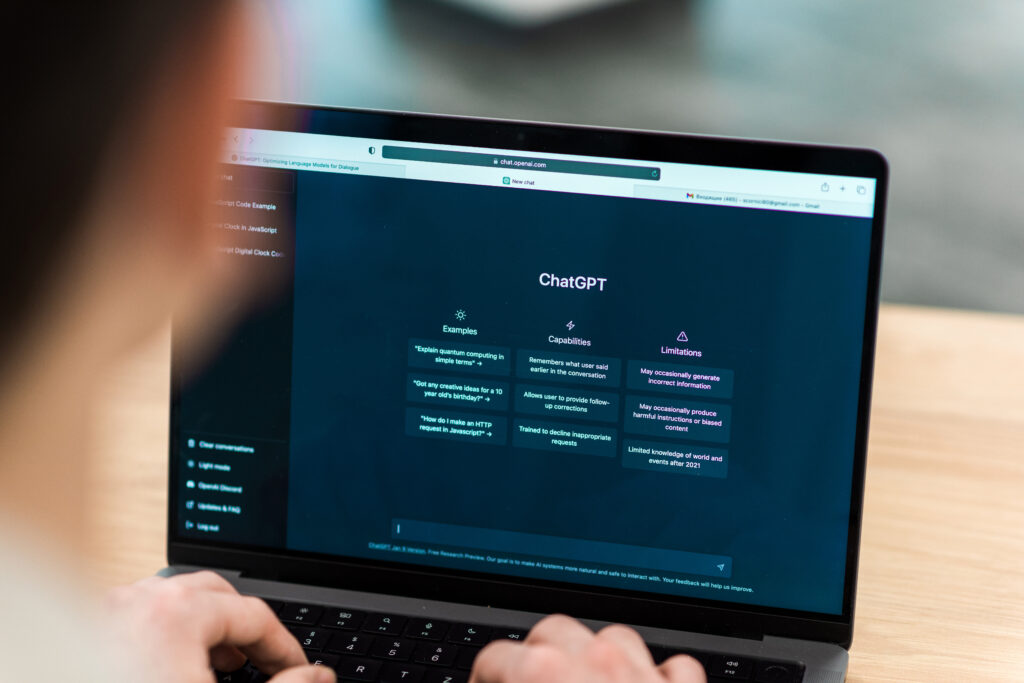
Using ChatGPT safely
When it comes to personal and sensitive information, it’s crucial to avoid sharing specifics such as your full name, address, or password. Similarly, it’s wise to refrain from providing any financial details, including credit card numbers, to maintain your financial security. Understanding the limitations and safeguards of AI is equally important.
Recognizing that ChatGPT, despite its advanced capabilities, lacks human emotions and experiences can help set realistic expectations. If you encounter inappropriate behavior during your interactions, it’s essential to report it. Moreover, the facts must always be verified from reliable sources to prevent the spread of misinformation and set clear boundaries if the AI’s responses become uncomfortable.
Enhancing your security and privacy encompasses several proactive steps. Supervising young users and ensuring they comprehend the platform’s guidelines is vital to their online safety. Therefore, employing antivirus and privacy software across all internet-connected devices can protect against potential threats. Reporting any security vulnerabilities you discover further contributes to a safer user environment.
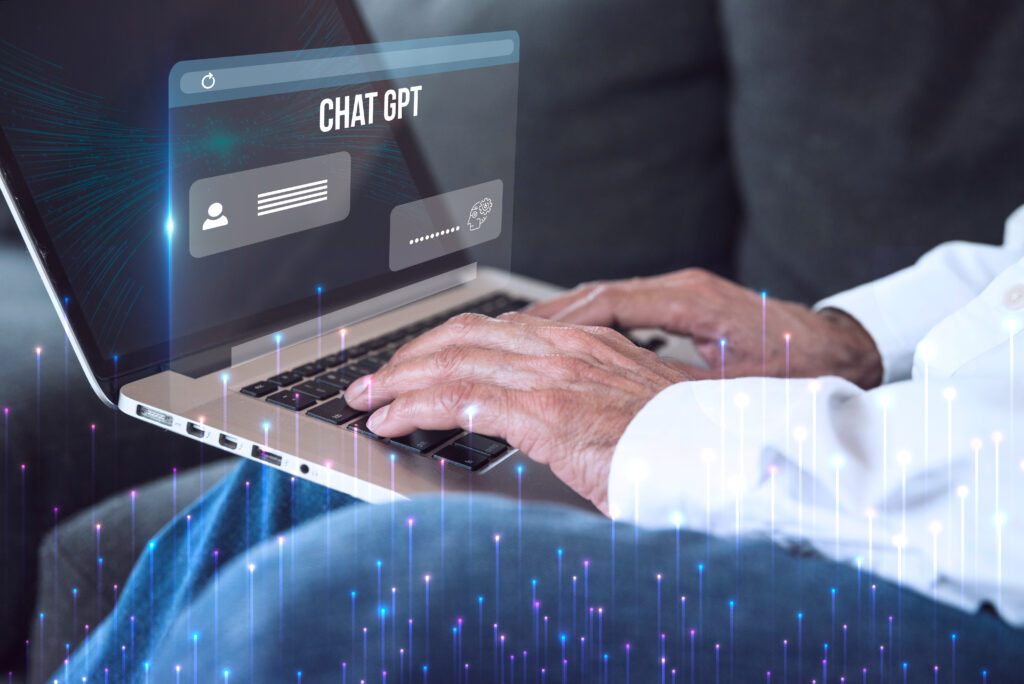
Alternative tools for enhanced privacy
For users who prioritize privacy while engaging with artificial intelligence, exploring alternative tools that offer enhanced privacy features is crucial. These alternatives extend beyond mere privacy safeguards, addressing various needs from coding assistance to tailored AI experiences. Privacy-focused alternatives such as MirageGPT stand out by providing a private knowledge base alongside a suite of features designed for both business and personal use, with a strong emphasis on privacy and data compliance.
Similarly, platforms like Google Bard and Gemini, built on cutting-edge research-based models, excel in code analysis while prioritizing user privacy. Additionally, GitHub Copilot and Copilot X leverage OpenAI technology and the advanced GPT-4 architecture to offer secure code auto-completion services.
Furthermore, platforms dedicated to AI development and customization offer unique opportunities for enhancing privacy. Vertex AI empowers developers to train and customize AI models, with a free trial available to explore its full capabilities. OpenAI Playground provides a demonstration version of ChatGPT equipped with advanced features for model customization, but not entirely free of charge.
Specialized AI tools also contribute to enhanced productivity while maintaining a focus on privacy. Microsoft Copilot, for instance, delivers up-to-date search results, generates code snippets, and supports image generation. By incorporating these tools into their daily workflows, users can enjoy the benefits of AI for a wide array of tasks, from code development to personal assistance, without compromising their privacy.

